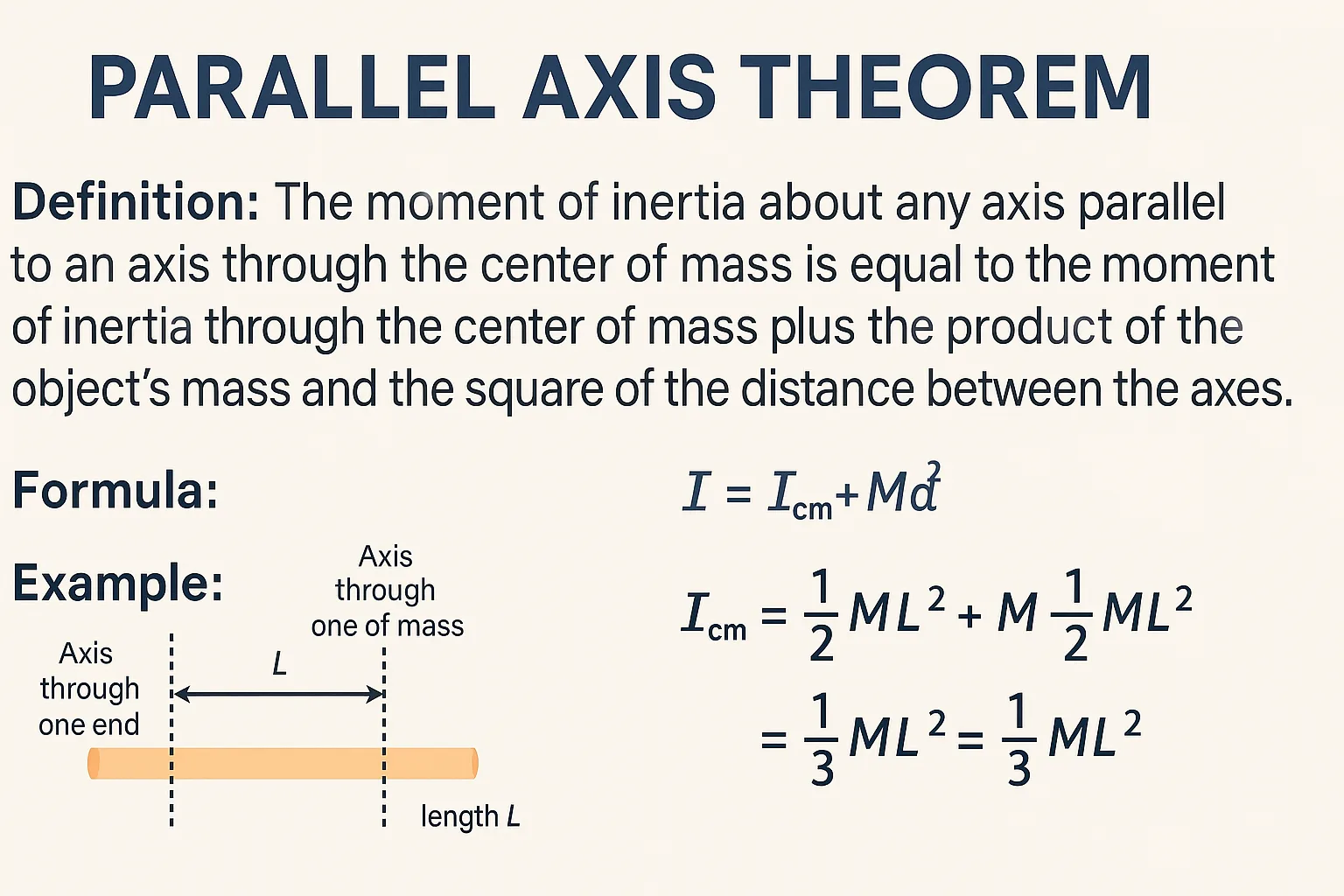The word “abandon” often conveys the idea of leaving, giving up, or letting go. It is a versatile term used in various contexts, from physically leaving a place to emotionally detaching from a situation. Synonyms for “abandon” provide nuanced alternatives that can enrich your vocabulary and allow you to express yourself more precisely. Below, we explore multiple synonyms for “abandon,” their meanings, and how they can be effectively used in sentences.
1. Forsake
- Meaning: To leave someone or something entirely, often in a time of need.
- Usage: “Forsake” implies a deliberate decision to abandon something or someone, often carrying a tone of betrayal or neglect.
- Example Sentence:
- She vowed never to forsake her dreams, even when times got tough.
- The villagers felt forsaken by their leaders during the crisis.
2. Desert
- Meaning: To leave a person, place, or situation, especially when it is one’s duty or responsibility to stay.
- Usage: “Desert” is often used when referring to someone who leaves a duty, obligation, or relationship behind.
- Example Sentence:
- He deserted the army in the middle of the war, risking severe punishment.
- The dog was found wandering the streets after being deserted by its owner.
3. Relinquish
- Meaning: To voluntarily give up or let go of something, such as power, control, or a position.
- Usage: This synonym often emphasizes the act of surrendering something willingly or due to necessity.
- Example Sentence:
- After years of leadership, he decided to relinquish his role as CEO to focus on his family.
- She reluctantly relinquished control of the project when her health started to decline.
4. Surrender
- Meaning: To give up something or someone, often as a result of pressure or force.
- Usage: “Surrender” is commonly used in the context of yielding to authority, pressure, or an opposing force.
- Example Sentence:
- The rebels had no choice but to surrender their weapons to the authorities.
- He surrendered his ambitions to follow a quieter, simpler life.
5. Quit
- Meaning: To stop or leave something, particularly a job, habit, or activity.
- Usage: “Quit” is a straightforward and casual synonym for abandoning something, often used in everyday conversation.
- Example Sentence:
- She decided to quit her job to pursue her passion for writing.
- He quit smoking after years of struggling with the habit.
6. Leave
- Meaning: To depart from or go away from a person, place, or situation.
- Usage: A general synonym for “abandon,” “leave” can be applied in various contexts.
- Example Sentence:
- She had no choice but to leave the house when the floodwaters rose.
- He felt compelled to leave the relationship due to constant conflicts.
7. Resign
- Meaning: To formally give up a job, position, or responsibility.
- Usage: “Resign” is typically used in professional or formal contexts when someone voluntarily steps down.
- Example Sentence:
- The minister resigned from his position after facing public criticism.
- She decided to resign as president of the club due to time constraints.
8. Vacate
- Meaning: To leave a place or position, making it empty or available for others.
- Usage: Often used in legal or formal situations, particularly regarding property or roles.
- Example Sentence:
- The tenants were asked to vacate the premises by the end of the month.
- He vacated his position as chairman to allow a new leader to take over.
9. Renounce
- Meaning: To formally reject or give up a claim, right, or possession.
- Usage: “Renounce” often has a legal or moral connotation, indicating a public declaration of abandonment.
- Example Sentence:
- The prince renounced his claim to the throne to marry the woman he loved.
- She renounced her membership in the organization due to ethical concerns.
10. Yield
- Meaning: To give up or surrender, often under pressure or force.
- Usage: “Yield” suggests a reluctant or unwilling abandonment due to external factors.
- Example Sentence:
- The soldiers had to yield their ground as the enemy forces advanced.
- After hours of negotiation, he finally yielded to their demands.
Why Understanding Synonyms for “Abandon” Is Important
- Enhanced Communication:
Using precise synonyms can help convey the right tone and meaning in your writing or speech. For instance, “forsake” carries a more emotional weight than “quit.” - Improved Writing Style:
By using a variety of synonyms, you can make your writing more dynamic and avoid redundancy. - Nuanced Expression:
Each synonym has its unique connotation, allowing you to choose the most appropriate word based on the context.
Examples of Contextual Usage
- Emotional Abandonment:
- “He felt forsaken by his family after moving to a new city.”
- “She deserted her dreams of becoming an artist due to financial constraints.”
- Professional Abandonment:
- “The CEO relinquished his position after a decade of service.”
- “The employees decided to quit en masse due to poor working conditions.”
- Physical Abandonment:
- “The explorers had to vacate the island after the volcanic eruption.”
- “The child was found abandoned in a remote part of the forest.”
Conclusion
The word “abandon” and its synonyms offer a rich spectrum of meanings, each tailored to specific situations. From the formal tone of “relinquish” and “renounce” to the casual nature of “quit” and “leave,” these alternatives allow for nuanced expression in speech and writing. By understanding the subtle differences between these synonyms, you can enhance your communication skills and adapt your language to fit any context. Whether you’re writing a story, drafting a professional email, or simply engaging in conversation, having a strong grasp of these words will make your language more precise and impactful.
Additional Insights

Parallel Axis Theorem – Definition, Formula, Derivation & Applications

Axis of Symmetry: Definition, Equation, and Real-Life Applications

X and Y Axis: Definitions, Graphs and Examples
Coconut Spanish Translation

Cashew Spanish Translation
Axis Definition and Meaning

Walnut in Spanish Translation

Almond in Spanish – Translation and Meaning
